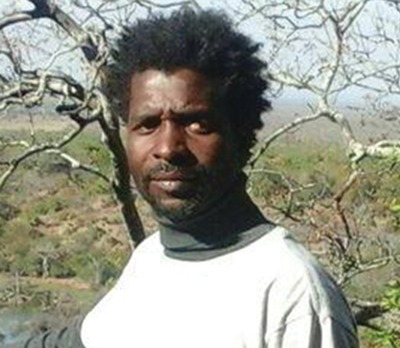
Stir The Pot :Paidamoyo Muzulu
THERE is a disconcerting story in the Bible. This is the story Esau and Jacob. The story of treachery, deceit and gaining of unfair advantage between siblings. A story of selling a birthright simply to eat one meal that may make the difference between life and death. The story continues to repeat itself in many facets in Zimbabwe.
It is a story that leaves one livid with righteous anger, a story that many would dismiss as a fable but in reality, a story that plays itself again and again in the real world. A story where “Esau” again and again sells his birthright for a bowl of broth.
This is the story of the developing world. Countries that suffered the humiliation of colonial subjugation. The same countries that fought bitter and protracted armed revolutions but still its “free” people still with “eyes wide open” negotiate again and again agreements that leave them vulnerable and susceptible to further manipulation in future.
This is the story of Zimbabwe. A nation born of violence in 1890 and a country reborn out of violence in 1980. A country that has been wantonly raped by capitalists of all hues for the past 130 years and most likely to continue in that trajectory for the foreseeable future if its leaders are anything to go by.
Cecil John Rhodes, the man Zimbabwe was first named after until 1980, was the British imperial capitalism poster-boy. He gave himself large swathes of land including Nyanga and Matopos National Parks. Rhodes at one point was Prime Minister of the Cape colony but upon his death he was moved to Zimbabwe to be buried at the cultural and spiritually-rich Matopos. The man had stamped his will on the nation he considered a personal fiefdom.
In his will, Rhodes bequeathed the two estates in Nyanga and Matopos to the republic to become national assets. They still have the pride of place on the tourism market and rake in thousands in foreign currency annually. He also created the Rhodes Scholarship tenable at Oxford University, an immortalising story that hundreds if not thousands would talk about him in the corridors of educational institutions.
Independence in 1980 brought with it some change in leadership, nationalists replacing the racist colonial regime but some impunity remained among the leaders. They still saw the country as their fiefdom. Their true colours were nailed to the mast in 2000 during the land reform programme. They brazenly accumulated swathes of agricultural land and mining concessions. Time has proven they are merely interested in holding the assets for speculative purposes. They have stripped local authorities of their prime assets through dubious discounted land sales.
- Chamisa under fire over US$120K donation
- Mavhunga puts DeMbare into Chibuku quarterfinals
- Pension funds bet on Cabora Bassa oilfields
- Councils defy govt fire tender directive
Keep Reading
That was before the age of the pseudo-reformists — post-November 2017 coup — that Zimbabwe was introduced to feudal capitalism. The leaders did not only coup the government, they also couped the national Treasury and economy.
This administration organised and approved the US$60 million pharmaceutical supplies heist at Natpharm. They handed the contract to Drax International — a briefcase company with links to the highest office — and an upfront US$2 million payment.
This is the same administration that has ceded control of the strategic national asset — Beira-Feruka oil pipeline — to Kudakwashe Tagwirei, a confidante and adviser to President Emmerson Mnangagwa. It is the very same government that spent US$3,2 billion on Command Agriculture through some dubious arrangement with Tagwirei’s Sakunda Holdings — a project whose national benefit is questionable except to those who made the moola.
When everyone was thinking the administration cannot sink any lower, it negotiated a clandestine coal mining deal at the pristine Hwange National Park. The deal stinks to high heavens and Cabinet this week tried to save face just like it did in the Drax case by announcing cancellation of the deal. However, the administration skirted the big question: Where was it when the big deal was consummated? The answer is simple — it was there right in the thick of things but had created layers of fall guys as safety fuses if things blew up. They acted like mafia — have enough fall guys before you get to the big boss.
The sale of Hwange to the Chinese mining company is not an exception but the new norm of this administration. It sold Beira-Feruka pipeline, botched the sale of National Railways of Zimbabwe and Cold Storage Commission. It is still on the market hawking assets of the former Posts and Telecommunication Corporation (PTC). PTC is the parent company of Zimpost, TelOne and NetOne.
The Mnangagwa administration has become more than the biblical Esau in selling the national birthright. It has gone on a fire-sale of national assets like a transient government only worried about the now. These sales are akin to selling of the family’s gold and silver to buy bread. The fact that the assets are being sold for a song points to some sinister reasoning — who is benefitting. This privatisation drive should be halted and a serious debate about national wealth held.











